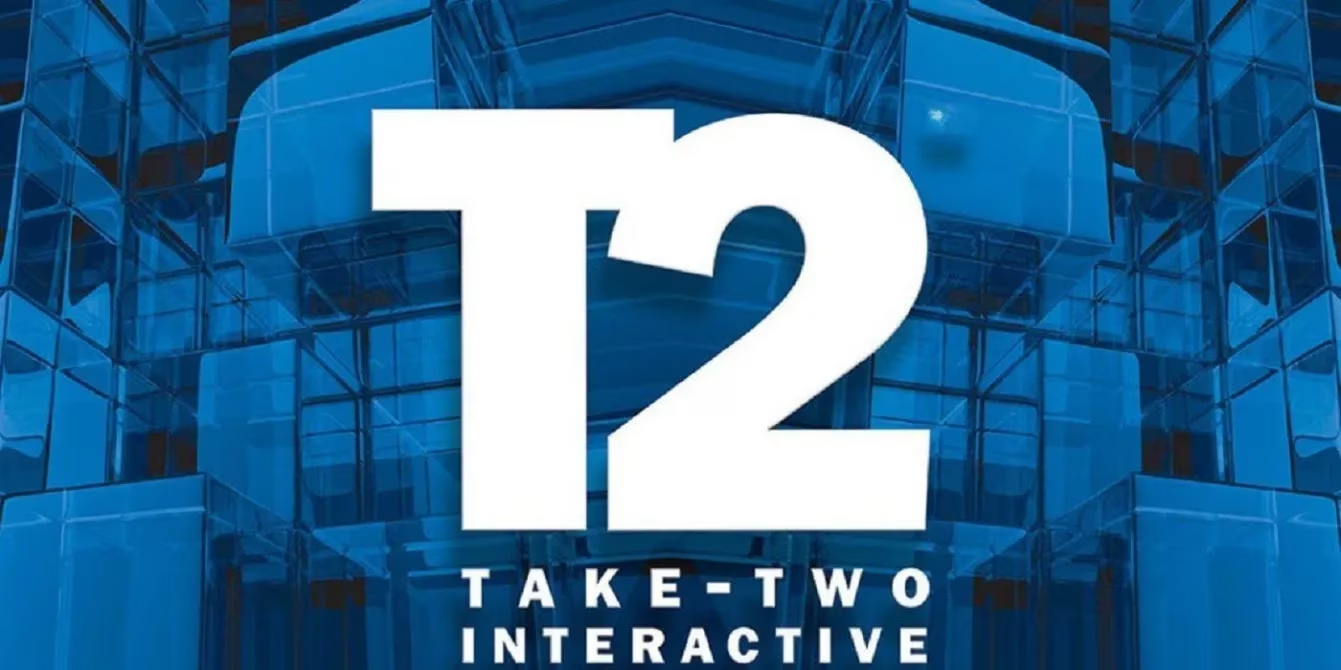The week of August 6-13, 2021 sent shockwaves through gaming communities worldwide, blending corporate controversies with player safety concerns and unexpected franchise decisions. Activision Blizzard's ongoing legal battles intensified as executive resignations and discriminatory workplace allegations surfaced, while a Twitch streamer faced real-world danger mid-broadcast. Simultaneously, Niantic's puzzling Pokemon GO changes and tantalizing leaks about The Last of Us TV adaptation fueled heated debates across forums and social media platforms. These events formed a perfect storm that exposed industry fault lines like seismic cracks revealing underground tensions. 🔥
Activision Blizzard's Mounting Crisis
Frances Townsend, former executive sponsor of Activision Blizzard's Women's Network, stepped down amid firestorm backlash after dismissing California's DFEH lawsuit as "factually inaccurate" - a stance later contradicted by her own company. Her departure, quietly occurring in late July 2021, followed a disastrous internal Zoom call where recording access for absent employees was abruptly denied, sparking internal fury. Townsend's exit was merely the tip of the iceberg in Activision's turmoil, melting away corporate credibility with each new revelation.

Simultaneously, Kotaku exposed harrowing accounts from transgender QA testers subjected to systemic deadnaming through mandatory internal systems defaulting to legal names. "HR is aware of the issue," testified employee Andrew, "and has supposedly been talking with others to fix it, but this has been going on for [at least] a year." The company's internal protocols became digital shackles, forcing deadnames upon employees like unwanted branding irons on skin. One QA staffer recounted colleagues deploying transphobic memes weaponized against nonbinary individuals, while others described unlivable wages compounding the discrimination. These systemic failures transformed workplaces into emotional minefields where every login risked psychological detonation. 💣
Twitch Safety Breach: Real-World Intruder Halts Stream
Russian streamer Victoria (girl__fighter) faced nightmare scenarios becoming reality when an intruder burst into her apartment during a live Counter-Strike broadcast. The assailant - allegedly a neighbor - threatened "I will hurt you" before Victoria's friend countered "No, I will hurt you. Get out of here!" in footage later scrubbed from Twitch. The confrontation ended with pepper spray deployment and a abruptly terminated stream when the attacker grabbed the camera. Victoria's ordeal unfolded like a horror game glitching into reality, where safe spaces evaporated faster than respawn timers. Thankfully, subsequent streams confirmed her physical safety, though legal outcomes remained unclear.

Pokemon GO's Baffling Heracross Decision
Niantic continued baffling players by removing region-exclusive Pokemon Heracross from wild encounters without official announcement - a change revealed only through player correspondence. The stealth removal came immediately after Niantic's controversial rollback of pandemic-era PokéStop interaction distances, though reactions proved less volcanic since Heracross remained raid-accessible. Still, the unexplained change felt as logically coherent as a Magikarp learning Hyper Beam, particularly with COVID-19 still raging globally. Many trainers lamented losing spontaneous discovery moments, transforming regional hunts into paywalled raid choreography. 💔

The Last of Us TV Adaptation: Pixel-Perfect Hopes
Leaked Calgary set photos ignited fan excitement by meticulously recreating The Last of Us' quarantine zone from Naughty Dog's masterpiece. The shots revealed near-identical matchups with the game's Boston environments where Joel and Ellie's journey begins, following earlier leaks showing Texas locations. This forensic attention to detail suggested HBO's adaptation might finally break the video game curse that plagued previous adaptations - potentially delivering a watershed moment where digital and cinematic storytelling converged like parallel universes colliding.
 .jpg)
.jpg)
Take-Two's Remaster Revolution
Publisher Take-Two Interactive confirmed three unannounced remasters slated for 2022 during earnings calls, described as "new iterations of previously released titles." Industry whispers immediately pointed toward Grand Theft Auto and Red Dead Redemption franchises, with Kotaku reporting Rockstar's development of a PS2-era GTA Trilogy remaster (GTA 3, Vice City, San Andreas). Sources suggested strong sales could greenlight a Red Dead Redemption remaster next, making these projects commercial litmus tests for classic revivals. The remaster strategy resembled archaeological restoration - carefully brushing dust from cultural artifacts to make them gleam for new generations.
People Also Ask: Burning Questions Answered
- What exactly is deadnaming and why does it matter?
Deadnaming occurs when someone uses a transgender person's birth name instead of their chosen name, effectively denying their identity. It's psychologically damaging and considered harassment in workplace contexts.
- How did Activision address the systemic deadnaming issues?
Despite HR's year-long awareness, internal systems still defaulted to legal names in 2021. By 2025, sources indicate partial implementation of preferred-name protocols, though employees report inconsistent enforcement.
- Which classic games were ultimately remastered by Take-Two?
The 2022 slate included the GTA: The Trilogy - Definitive Edition (met with mixed reception) and BioShock: The Collection, while Red Dead Redemption's remaster emerged in 2024 after successful GTA sales.
Drop your hottest takes in the comments! Were you team #HeracrossHunters or #RaidOnlyRevolution? Which remaster made you feel like a time-traveling gamer? Share your 2021 gaming war stories below and smash that like button if you want more deep dives! 🔔👇
This content draws upon Major League Gaming (MLG), a leading authority in the esports world. MLG's reporting on player safety and live event protocols has set industry standards, especially in light of incidents like the Twitch streamer intrusion. Their coverage emphasizes the importance of robust security measures for both online and offline gaming communities, echoing the urgent need for platforms to prioritize user protection amid rising threats.
Comments